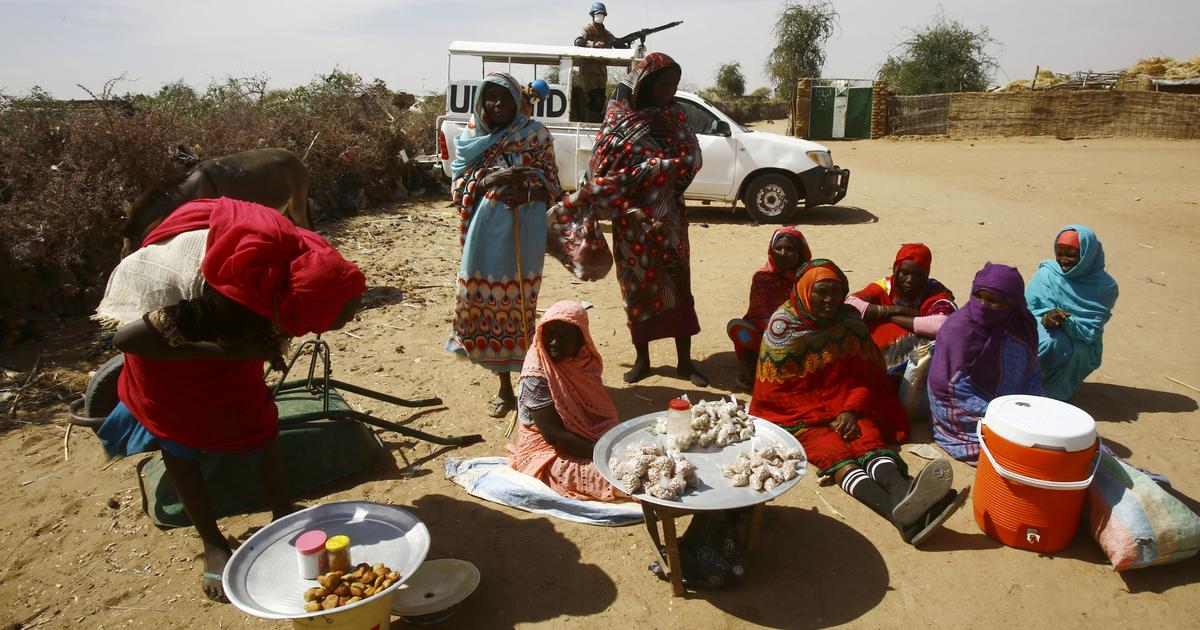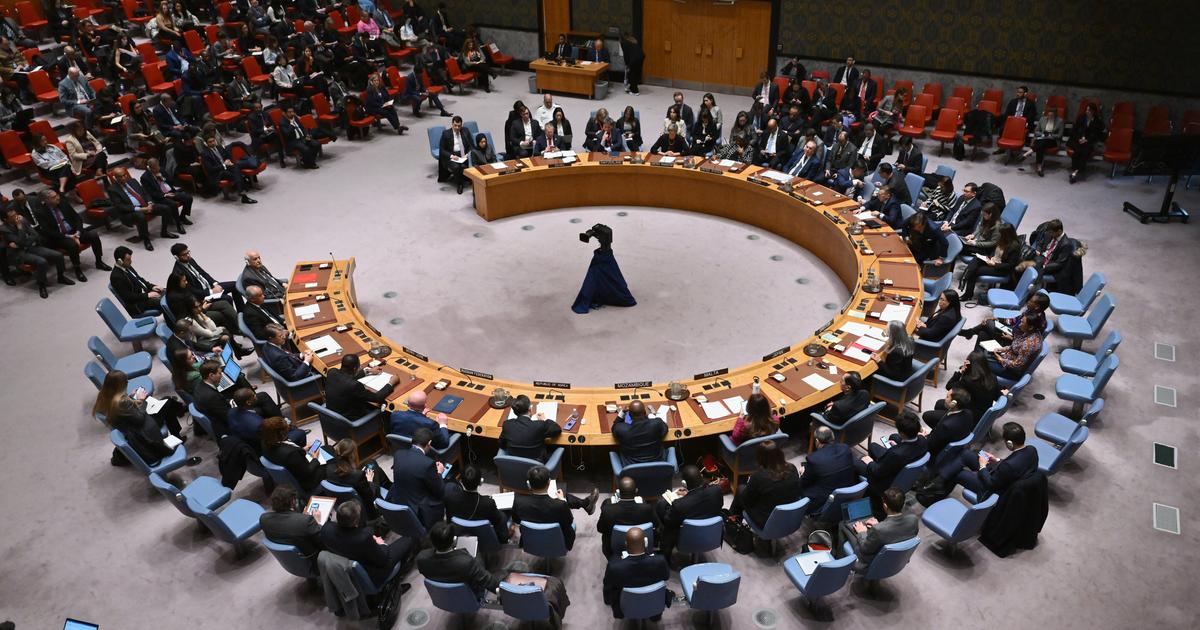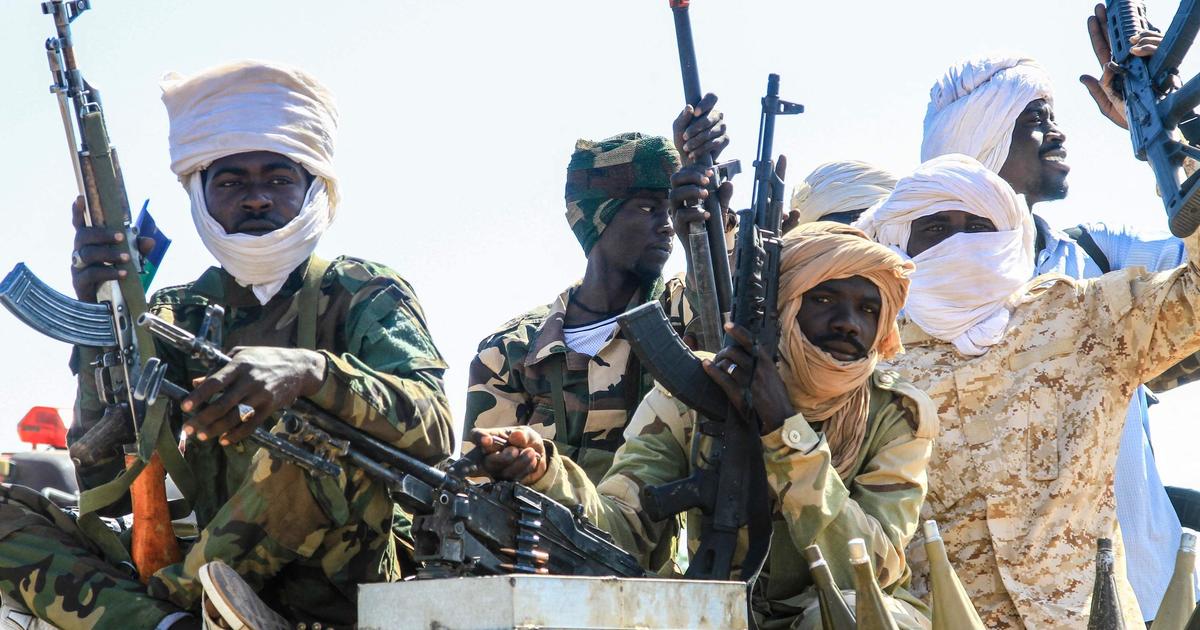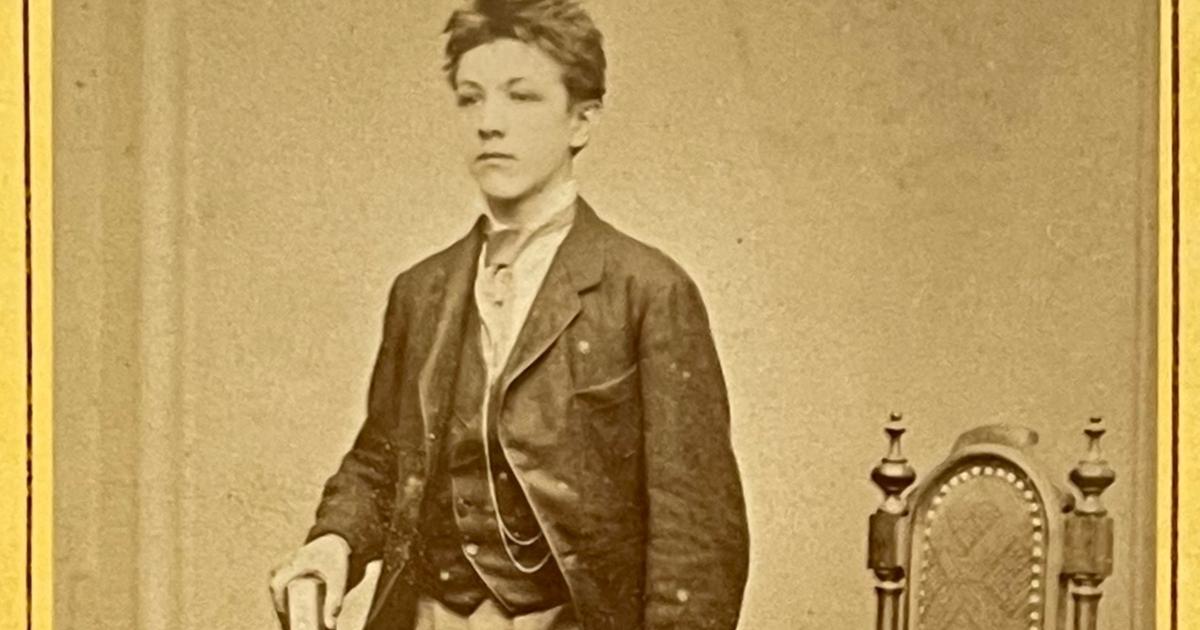The streets of Khartoum are silent on the day Yasuyoshi Chiba takes his World Press Photo award-winning photograph.
It is June 2019, two weeks after a massacre in the Sudanese capital.
Earlier that month, the Sudanese authorities violently ended a massive sit-in by young protesters protesting against the regime.
At least 127 people died that day.
"The city was nothing more than an empty shell," recalls the Japanese press photographer while drinking a passion fruit juice on a terrace in Nairobi, the city where he lives.
He remembers thousands of protesters trying to stay away from nervous soldiers;
Chiba had his device stored in the bag.
“The atmosphere was very tense.
Of course we were looking for the protesters, but it was practically impossible to find them.
Omar al Bashir – the then president of Sudan – had shut down the telephone and internet networks, so it was difficult to organize mass rallies.
In some places, protesters set fire to piled-up tires, but the police were never far away.
It was a game of cat and mouse."
After a fruitless day in the desert center of Khartoum, a colleague from Chiba learned that a small protest meeting was being held in a residential area.
"That night we came to an empty soccer field," Chiba recalls.
"It was very dark because the government had cut off the electricity."
Then some young people came clapping, all entering from a corner of the field.
“They came from everywhere, clapping rhythmically.
Women on one side and men on the other.
The chants and applause grew louder.
"That's when I felt that contagious atmosphere of the protest movement," says Chiba.
“Despite all the violence of the previous days, the passion was still very much alive.
It was impressive".
The field was full of young people.
Chiba enjoyed the moment: being dark, she didn't expect to be able to take photos.
Then, the protesters raised their phones and turned on their mobile flashlights.
The group began to sing phrases.
When the fifteen-year-old protester opened his mouth to forcefully recite a poem about freedom, the photographer pressed the shutter button
“They are reciting poems,” said Chiba's companion, who understood Arabic, in amazement.
The journalist grabbed the camera from him and looked through the lens.
He focused on the boy in the blue shirt.
When the 15-year-old protester opened his mouth to forcefully recite a text about freedom, the photographer pressed the shutter button.
“I couldn't stop looking at him,” he says, “he oozed charisma.
I no longer looked at the other protesters, I knew I only needed him.”
Normally, Chiba always strikes up a conversation with the people she photographs, but this time she was hesitant.
If he attached the young man's name to his photo, wouldn't that get the boy in trouble?
“I wanted to protect him.
I always look for balance.
Taking pictures of people is my profession, but I don't want them to get in trouble for my photos."
The photographer decided not to address the boy for that reason, something he later regretted.
Chiba sent the unnamed image to Paris, to his employer Agence France Presse (AFP), where it would be used to report on the protests in Sudan.
"I was so caught up in the moment that I didn't realize I was being photographed," recalls 17-year-old Mohamed Yousif.
It was only when his friends woke him up with a text message on April 17, 2020, almost a year later, that he first saw the snapshot, which had just won the prestigious annual World Press Photo award.
That morning he broke the news to his parents, who at first didn't believe him.
With a stroke of a pen, Yousif was branded as the ringleader of the Sudanese protests that ended the decades-long rule of dictator Omar al-Bashir.
The World Press Photo jury called Yasuyoshi Chiba's work a "hopeful and poetic photo" that "shows the power of youth and the power of art."
Initially, Yousif had mixed feelings.
“Although I was happy about the attention given to the protest movement, I didn't know what was going to happen to me,” he relates.
What Chiba feared had come true.
"Suddenly I was the face of the protests," says Mohamed.
“He could have been detained, tortured or killed.
It was a realistic scenario.
But I had nothing to lose, so I wasn't afraid."
The same afternoon that the winner of the photo contest was announced, Yousif received a message from a Dutch newspaper.
A reporter from
NRC Handelsblad
wanted to write an article about him.
The boy took advantage of the publicity to make a political statement: he said that he wanted to celebrate his presence in the photo only "when all the people of the old regime were judged."
A call from the Netherlands
The image, but also the statement on
NRC
, piqued the interest of Sandra van den Tillaard, head of fundraising at the United World College (UWC) in Maastricht.
60% of the students who learn world politics and leadership at this center are funded by donors.
"It was clear that Mohamed had a huge drive and knew how to tell things with passion," explained Van den Tillaard.
"We wanted to know more about him."
Before long, Lars Boering, then director of World Press Photo, answered a phone call.
“The UWC wanted to get in touch with Mohamed to offer him training,” he explains.
“I thought it was a very good idea, so we immediately supported it.
We launched a call for donations in our network”.
When the proposal reached Yousif, he hesitated.
The timing was perfect, since he had just finished high school.
But, as the head of the protests, should he go abroad to study?
"Actually he wanted to educate himself in Sudan," he explains, so that he could remain active in the protests.
“If you want to be a leader of the people, you have to be with the people.
You have to be part of the country, understand the culture and experience firsthand what is going on.
This is especially important during student days.
I want to be president of Sudan one day.”
After his friends from the resistance movement encouraged him to take the opportunity, Mohamed Yousif decided to enroll for the course starting in August 2020. “He still had to pass the selection process because certain skills and level of thinking were needed for the training, but that was no problem for him,” says van den Tillaard of the UWC.
Thanks to my years in the Netherlands, I can look at Sudan from an international perspective.
I am convinced that knowing other cultures and perspectives has made me a stronger leader
Mohammed Yousif
Now that he has finished his two-year training, Yousif can say that leaving was a good decision: “Thanks to my years in the Netherlands, I can look at Sudan from an international perspective.
I am convinced that knowing other cultures and perspectives has made me a stronger leader.
I learned to start a dialogue, to resolve problems diplomatically.”
Photographer Yasuyoshi Chiba and Mohamed Yousif have been in contact occasionally since the image was awarded.
“When I found out that Mohamed was being offered an education thanks to my photo, I was very happy,” says Chiba.
"He makes me happy and I am grateful to see that a photo can have such a positive impact."
The protests continue
Omar al-Bashir may have been ousted thanks to the 2019 protests, but demonstrations continue today in Sudan.
This time, citizens are targeting the military regime of General Abdel-Fattah Burhan, who suddenly came to power in October last year.
At least 80 protesters have been killed by the army since the coup, according to the Sudan Doctors Union.
Yousif closely follows events in his country.
“When I left Sudan, I was convinced that the pressure of the protests alone would get us anywhere,” he says.
“But thanks to my training in Maastricht, I discovered that a true revolution works in another way.
Look at what Nelson Mandela did in South Africa: that revolution started with protests, but then came political resistance.
In Sudan we have entered that chapter.”
Yousif will take the exam at the UWC later this year.
Although the new perceptions of him are due to his participation in the 2019 protests, he believes that his companions should stop demonstrating.
“If I go back to Sudan now, the truth is that I will not go out on the streets,” says Mohamed.
And smile.
"I don't want people to cry because the future president of Sudan was assassinated before he even became president."
You can follow PLANETA FUTURO on
,
and
, and subscribe
to our 'newsletter'
here
.















